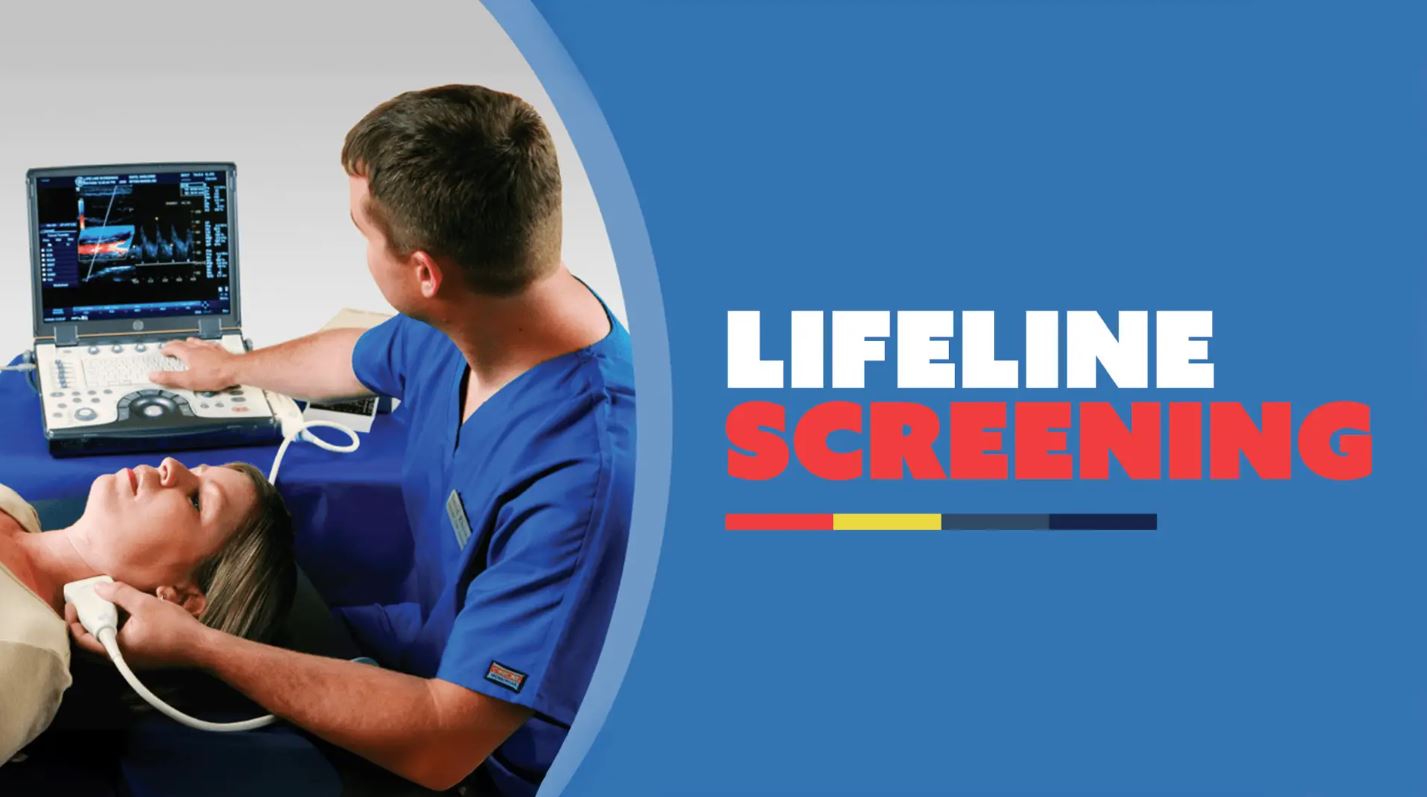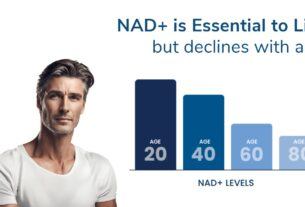One of the unsung heroes in the realm of preventive healthcare is the lifeline screening program. These programs are designed to offer a suite of health tests and screenings that catch potential issues before they morph into bigger, scarier problems. Consider them a radar for your body’s health, scanning for what’s lurking beneath that might not have symptoms yet.
These screenings can make a huge difference in public health. By giving individuals insights into their health, they empower people to take charge of their wellbeing. Imagine knowing your risks for strokes, heart attacks, and even diabetes long before they pose a threat. That’s what preventive health is all about, catching things early and addressing them quickly.
Lifeline screening programs make these vital health tests accessible and inclusive. No fluff, no red tape. Just straightforward tests at your local community center or clinic. Even better, you don’t need to worry about having a doctor’s note or complicated insurance forms. This is healthcare stripped down to what matters—the health part.
This is the perfect starter kit for anyone looking to be proactive about their health. Whether you’re a bit of a worrywart or just health-curious, these screenings let you see under the hood without the fuss of a traditional doctor’s visit. They demystify healthcare a bit, making all of this much less intimidating for everyday folks like you and me. Next time you see a sign for one of these screenings, think of it as a personal invitation to a healthier you.
>>CLICK <<THE IMAGE BELOW TO LEARN MORE!
Personal Experience: One User’s Journey to Health Reassurance through Screening
The idea of health screenings might make some people squirm, but my experience with a lifeline screening was anything but that. It was more like getting a health report card directly from the experts who know their stuff. I walked in, had everything checked out, and walked out with peace of mind—no angst or anxiety required.
One of the first things that caught my attention was the use of ultrasound and EKG. These aren’t just buzzwords; they’re powerful tools that give a complete snapshot of what’s happening inside. My carotid arteries? Clear. Circulation in my legs? Functioning beautifully. These weren’t just results; they were reassurances.
Letting go of the worries about strokes, heart attacks, or even diabetes and osteoporosis was a huge weight off my shoulders. Suddenly, I moved from living in constant “what ifs” to “I’ve got this under control.” That shift in mindset is one of the biggest gifts you can give yourself.
And the best part was that it didn’t require a doctor’s referral or the tangled mess of insurance approval. It was just me taking control of my health journey, pure and simple. This demonstrated a level of personal empowerment I hadn’t expected but was incredibly grateful for. It’s like having a health toolkit always at your disposal, ready when you are.
So if you’re thinking about checking if your body is in tip-top shape, consider these screenings. They’re a straightforward way to keep tabs on your health without the extra hassle. From my experience, it’s an invaluable investment in your future—and in your peace of mind.
Empowering Patients: How Lifeline Screening Programs Facilitate Self-Managed Healthcare
Here’s the real magic of lifeline screening programs: they put you in the driver’s seat of your health. For too long, healthcare felt like something that happened to us, something where we just followed doctor’s orders without question. But these screenings change the game by giving you access to critical information about your own body without needing someone else’s permission.
Self-administered health screenings are like the gatekeepers of wellness in today’s world. They let you cut through the clutter and get straight to what matters—the health insights that help you make informed life decisions. It’s not about keeping score on your own but understanding where you stand and what actions to take from there.
The freedom offered by these programs is game-changing. No doctor’s referrals, no files full of insurance paperwork—just a simple way to gain clarity about your health status. It strips down healthcare to its essence: taking care of yourself, on your own terms, when you’re ready.
With modern testing like ultrasound and EKG, you’re getting reliable results fast, helping you dodge possible health hurdles before they even appear. It’s like having a personal health advisor on speed dial, available 24/7, to guide you in crafting the best plan for staying healthy.
So, if you’re someone who likes owning their health journey, these screenings are for you. They offer independence, confidence, and the power to act on your health terms. It’s about making smart, unburdened decisions, and that’s liberating to say the very least.
>CLICK<< TO TAKE CONTROL OF YOUR HEALTHCARE
Benefits of Regular Health Screenings: Insights and Outcomes
Regular health screenings are like routine check-ups for your car—they keep things running smoothly and help spot issues before they become serious. These proactive measures can be life-changing, offering early detection of diseases when they’re most treatable. You end up one step ahead, ready to face any health challenge that might come your way.
The health advantages are clear. Catching conditions early can limit the impact they have on your life. It’s not just about adding years to your life but adding life to those years. Whether it’s reducing the risk of severe conditions like heart disease or staying on top of chronic illnesses like diabetes, these screenings propel you towards a healthier future.
Apart from the health boost, there’s a financial upside too. The costs of screenings can be significantly lower than dealing with advanced-stage treatments down the line. Plus, considering that you don’t need to deal with insurance paperwork or approval processes, it’s a smoother, less stressful financial experience.
Real stories from people who took this proactive step reinforce the tangible differences screenings make. From avoiding potential heart issues to nipping circulatory problems in the bud, individuals have found new peace and clarity in their health journeys, reinforcing how indispensable these preventive measures can be for modern living.
For anyone looking for a simple way to elevate their health strategy, consider these regular screenings as both a wise and practical approach. They don’t just illuminate the path you’re on but give you the tools to forge a healthier one.
Expert Insights: The Future of Lifeline Screening
Preventive healthcare is always evolving, and lifeline screening programs stand at the forefront of this advancement. As technology continues to advance, screenings are becoming more precise, faster, and even more accessible. These innovations will undoubtedly make a huge impact on how we approach our health in the future.
Emerging technologies are poised to enhance what these screenings can reveal, going beyond the basics and offering deeper insights into our physiology. Imagine a world where not just immediate health threats but potential future conditions can be identified early, giving you even greater control over your health journey.
Collaboration between lifeline screening providers and communities will play a crucial role in extending the reach of these screenings. By partnering with local organizations and health initiatives, there’s hope to bridge gaps in healthcare access and reach underserved populations.
Addressing healthcare disparities is a key goal on the horizon. Expanding screenings to more diverse populations can help ensure that everyone gets a fair shot at preventing health issues before they arise. Such programs can be a powerful weapon in tackling some of the most pressing health inequities faced today.
Lifeline screenings are moving from being a nice-to-have to a must-have part of health management. This shift signifies their growing importance as part of a comprehensive approach to health.
The path forward is bright, with screenings playing a central role in giving people the knowledge and power they need to lead healthier, fuller lives.





